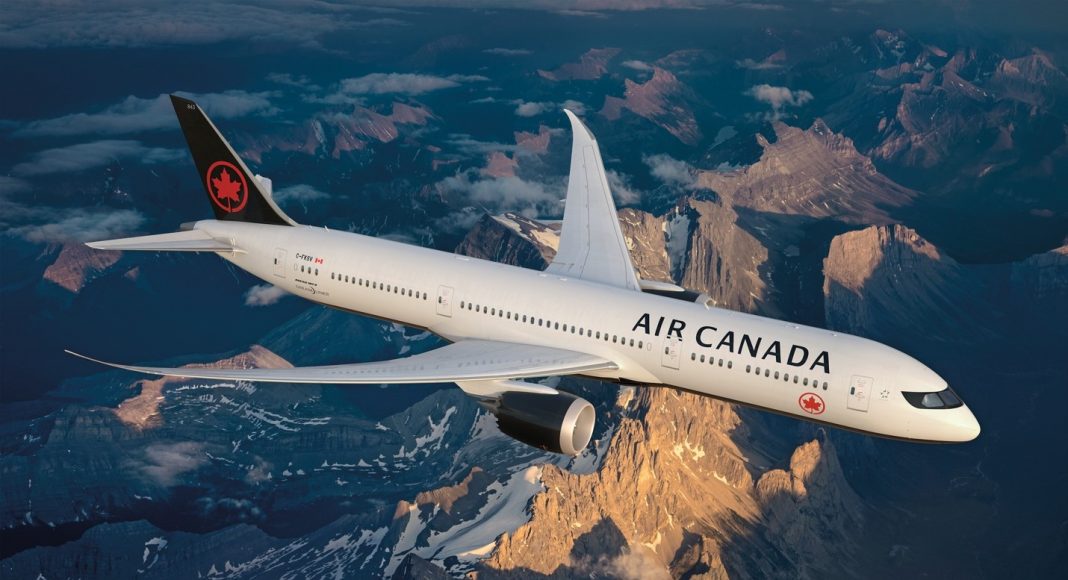By: Jag Dhatt
The coronavirus pandemic has shifted the way the world works in a way that is foreign to most of us. By being forced to stay close to home, if not at home, means no travel; and that means big losses for the airline industry.
Air Canada had announced in mid-May that they would be laying off approximately 20,000 employees, which is almost half its staff. Now, it announced the closing of certain flights across the nation.
This past week, Air Canada announced it would be shutting down services to thirty domestic routes due to the lack of demand for travel. Not only that, eight stations at airports will also be closed. And that may not be all.
Air Canada representatives reported that in the coming weeks and months, there may be more changes to the carrier’s network and schedule, all dependent on demands.
Airlines across the world have felt the pinch; Air Canada reported a net loss of over $1.05 billion in the first quarter of 2020.
“We expect it will take a minimum of three years for the airline industry to recover,” said Air Canada in a press release. “And for those reasons, we will be re-evaluating our services and scheduling on a regular basis.”
The way business is conducted has changed, and those who relied on airlines for work travel have found new ways to still do work. Whereas computer applications like Zoom and Skype were used before, these platforms are now booming with business. However, nothing really replaces that face-to-face communication and interaction.
“I used to travel for work at least 8 times a year, across Canada, with most of that travel being on airlines,” said Tony Arora, VP of ADS Shows. “Since January, and for the remainder of this year, I don’t foresee myself on an airplane even once.”
Asked if the travel void has affected his business, Mr. Arora stated, “Most definitely. Yes, emails and telephone calls are good and they are very useful. But at the same time, most of the business we create for our companies relies on face-to-face interactions. Sitting with someone and having a conversation is far more valuable than an email or telephone call.”
Three years is a long time for any industry to recover, especially if it’s at the global level. In the grand scheme of things, maybe it’s a necessary evil that will help keeping our homes safe.


